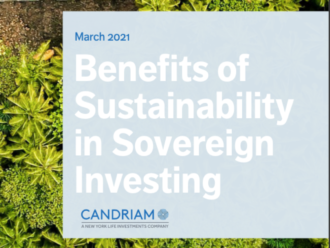Specialist fund managers show significantly superior stock selection abilities compared to balanced managers who juggle a wide range of asset classes, research has confirmed.
A study by Cass Business School spanning a 20-year period from 1984 to 2004 found UK equity specialists generated an annual average post-fee alpha of 35 basis points, while the average balanced manager returned a negative alpha of -54 basis points.
Director of the Pensions Institute at the Cass Business School David Blake told portfolio institutional this was because specialists focusing on one asset class build up better knowledge of a company, its management and likely future performance, compared to the generalist who looks at a host of other asset classes in addition.
The superior performance of specialist fund managers was most evident among UK equities, which is the dominant asset class for UK pension funds, Blake added.
“UK equity specialists generated an annual average post-fee alpha of 35 basis points, whereas the average balanced manager generated a negative alpha of -54 basis points, he said”
The study also analysed the UK pension industry’s shift from single fund managers to multiple competing managers. It found the trend towards multiple managers led to a significant hike in fund performance, even after accounting for the higher cost of management fees. “Pension funds which switched from employing a single specialist to multiple specialists increased average performance by 131 basis points,” said Blake. Switching from single balanced to multiple balanced management led to a 63 basis point increase in performance. In both cases, fees increased by just three basis points.
Blake added that trustees should not “blindly pile into” the latest asset classes or investment strategies because the industry is in a “constant state of flux” meaning strategies soon pass their peak.
“If you pile into the flavour of the month a new set of managers come along who will be less skilled than the existing managers and that reduces the return,” Blake explained.
“Even if they take in more money they will buy more of the same which drives price up and yield down.” According to Blake, the real skill is to not follow the herd but be in advance of it. “The skilled investor is the guy who picks the right fund manager just as his performance is going to rise and does not follow in after that particular strategy has hit its peak and is on the decline.”




Comments